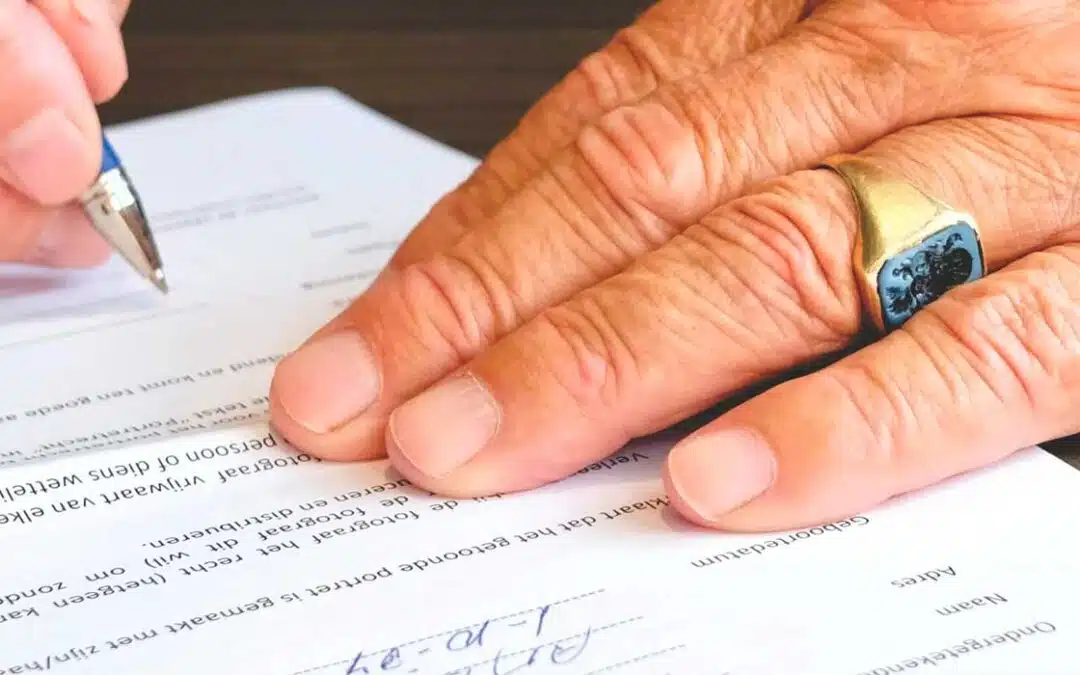The COVID-19 pandemic has created challenges that businesses and individuals have never had to consider until now. With each unpredictable day unfolding, new announcements, regulations and rules are brought in – and it is affecting every single one of us, especially those who run a business.
Unsurprisingly, many corporate transactions have been put on hold while full details of support to businesses is still yet to come. It’s a confusing time for us all and it’s important to stay as informed as realistically possible in order to be prepared for the ever-changing climate.
Can I furlough myself as a director?
As a limited company director, you are not entitled to the Self-Employed Income Support scheme, but you are entitled to furlough yourself and then claim from the Coronavirus Job Retention scheme – but this is only if you are only carrying out your director duties. This means that you can’t carry out any actual work for your company at all. This includes marketing, sales and anything that could be seen as income generating activity.
Ben Kerry, Head of Labour Markets at HM Treasury said: “With respect to Directors and owner managers, that does not disqualify them from being furloughed so long as they are on PAYE payroll. I understand that they will have some statutory duties and obligations such as filling up their accounts and they will still be allowed to undertake those statutory duties whilst they are being furloughed so that would not count as doing work. So one of the key conditions of the furlough scheme is that the employee is not allowed to work for the employer but if you are the owner-manager and you do have statutory duties then you can continued to undertake those duties while being on furlough.”
What if my company is approaching insolvency?
If your company is struggling and you feel that insolvency is the route you’re heading towards, we advise that you seek legal advice so that you can make a fully informed, sensible decision. In the event of an insolvency, company directors may potentially face various claims and charges including disqualification, fines and penalties and liability for the company’s debts. Fortunately, emergency legislation has been brought in to provide some relief for directors in the form of rescue packages, and the temporary abolishment of claims of wrongful trading being brought against directors.
Will the pandemic affect my company accounts?
If your company has been affected in any way by coronavirus, you can apply online for an extension of three months for filing your annual accounts – but you must do this before your company’s filing deadline. For more information, see the Companies House guidance here.
You are best to speak to your legal advisor or accountant for any detailed questions relating to your company accounts. The Financial Reporting Council (FRC) has published detailed advice for auditors on “disclosure of risks and other reporting consequences arising from the emergence and spread of COVID-19”. You can read this here.
How can I get financial help for my business?
The Coronavirus Business Interruption Loan Scheme is for eligible businesses that need financial help during the pandemic. Loans will be granted for an interest-free period of twelve months. There are also grants available for businesses with premises, though not every company will be eligible for these.
There are also options for businesses which do not qualify for government help, by way of shareholder funding in the form of further equity or loan notes. Shareholders are not under any obligation to make any further investment or loan to the company, unless of course the contract stipulates otherwise.
Businesses can also speak to existing investors and check whether interest payments under loan notes could potentially be delayed and rolled-up.
You should check the contractual terms of your existing shareholder and banking arrangements with your lawyer, as these will need to be considered for not only the obvious directors’ duties, but also pre-emption rights, priority of repayment, shareholder consents, covenant breaches and events of default.
I am in the process of buying a business but I’m reconsidering because of coronavirus. What should I do?
M&A transactions are likely to be put on hold for now given the pandemic, however some parties are still proceeding to buy. If you decide to proceed with a purchase, you should ensure you undertake your due diligence and carefully balance the risk and opportunity from this particular transaction.
One area in which due diligence can be carried out is in financial projections. As a buyer, you should ask the seller to revise their projections and forecasts taking the effects of the pandemic into consideration as previous data may not be reliable given the current climate.
You should also consider the business’s supply chain; does the business have commercial contracts? If so, check how the company has been dealing with these during the pandemic.
If you have already exchanged contracts but not yet completed, you may still able to walk away and abandon the purchase if you have a Material Adverse Change (MAC) or a Material Adverse Event (MAE) provision. You would have to check the wording on your MAC or MAE to ensure you know whether you can abandon the purchase due to the coronavirus pandemic.
If you need advice about any uncertainty you’re facing owing to coronavirus, please do not hesitate to get in touch.
This note comprises the view of the author at the time written. This note is not a substitute for legal advice. Information may be incorrect or out of date and may not constitute a definitive or complete statement of the law or the legal market in any area. This note is not intended to constitute advice in any specific situation. You should take legal advice in specific situations. All implied warranties and conditions are excluded, to the maximum extent permitted by law.


